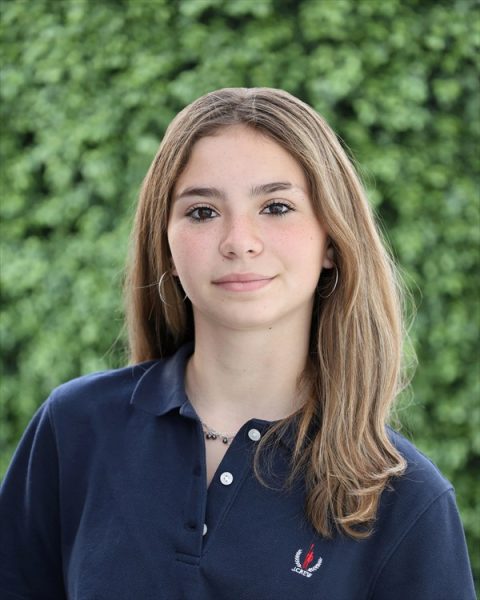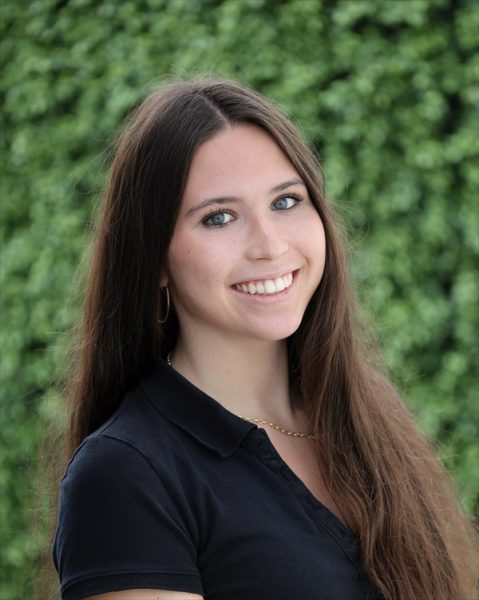The road to college
Juniors prepare for the college process through college counseling course.
February 1, 2017
Faced with the realization that they are more than halfway through with high school and college applications are coming up, juniors have begun to research post-secondary schools and study for entrance tests in preparation for the college selection process.
“I’m stressed for the college process,” junior Charlotte Ogden Moore said. “Between the ACT, APs, normal classes — then an extra online class — everything is coming together at the exact same time. It’s just a lot to take on for all of us.”
In order to take some pressure off students, college counseling classes aim to provide support and resources for juniors to prepare them for the college application process, according to College Counseling Director Rebecca Munda.
“In the the college search process, this is an opportunity for juniors to begin to think about what their strengths and weaknesses are, reflect on their classes and extracurricular activities and begin to consider what they may want to continue after high school,” Munda said.
Having a list of specific criteria can help juniors recognize what to look for and simplify the college process, according to Munda.
“I really value the location of a college,” junior Gabby Tom said. “I want to be in a city, I don’t want to be a rural, middle-of-nowhere college. I want to be in an area where you can go off campus and be entertained.”
Other non-academic factors typically considered include Greek life, diversity and student life.
“The most important part of the college search process is keeping an open mind in terms of the types of options. Outside of class juniors can conduct their own research by going on college tours, visiting colleges websites and reviewing guidebooks,” Munda said.
Juniors should visit colleges of interest over Presidents’ Week Break in February and Spring Break in March, according to Munda.
“I have college visits during every single upcoming break,” Ogden Moore said. “Because I do ballet so intensely, I want to continue it during college, so I started to look at colleges with great academics, but also pretty good dance programs.”
Juniors completed a questionnaire before starting the weekly college counseling class to help Munda better know the students, in preparation for guiding them through the college process. Students answered a variety of questions from extracurricular activities to fields of interest for a career.
“The questionnaire was helpful for me to figure out what I am looking for in a college and to actually put words on a page and think about those kinds of questions because they are very important,” Ogden Moore said.
We will conduct different self-reflective exercises in college counseling to help them really begin to self-evaluate,” Munda said. “They can also begin to really think about visiting colleges.”
The most important part of the process is doing individual research on schools the student may consider applying to, according to Munda. Students often spend too much time worrying about how to get in and not enough time examining which schools are a good match.
“I’m going to struggle the most in finding a college that fits me, finding the right type of college to go for,” Tom said.
With over 3,000 four-year colleges in the United States, Munda says, there are many colleges students may not even consider.
“This is the time to go window shopping,” Munda said. “Students are browsing right now. You’re not buying anything yet just take a breath and know you’re going to land somewhere that is going to be a really good fit for you.”









